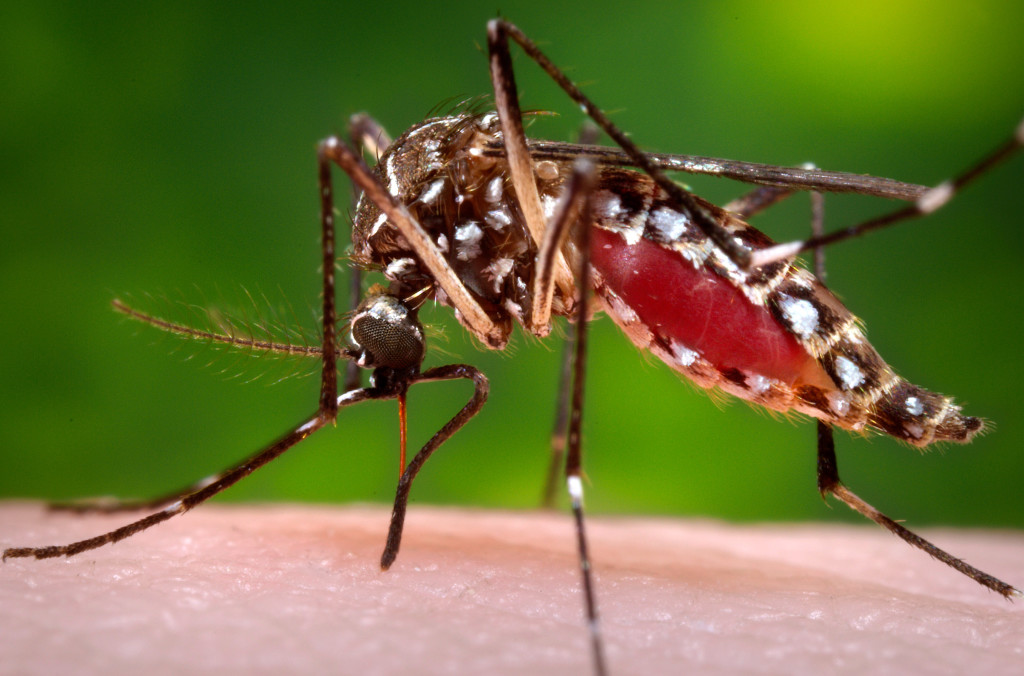There is no justification for restrictions on travel or trade due to the outbreak of the Zika virus, the International Maritime Organization (IMO) said in a circular letter.
The conclusion was reached at the Emergency Committee of the World Health Organization (WHO), convened this month.
The announcement comes as maritime industry increases vigilance for any symptoms of the virus that vessel crewmembers or passengers might be experiencing.
US-based GAC has urged all vessel and facility representatives to report any signs of hazardous conditions and illnesses within the last 15 days to the Center for Disease Control (CDC).
Cruise line companies have already started informing their passengers about the virus and, because of a possible link between birth defects and Zika infection during pregnancy, the lines are allowing pregnant women to change itineraries or cancel their trips.
In addition, some cruise lines, like Carnival, have given their employees a choice to avoid working in Zika-affected areas.
WHO has urged travelers to areas where Zika virus cases have been found to protect themselves from mosquito bites, warning especially pregnant women to be extremely cautious prior if undertaking such journeys.
Between January 2014 and 5 February 2016, a total of 33 countries have reported autochthonous circulation of Zika virus. There is also indirect evidence of local transmission in 6 additional countries.
The geographical distribution of Zika virus has been steadily increasing since it was first detected in the Americas in 2015.
Further spread to countries within the geographical range of competent disease vectors — Aedes mosquitoes — is considered likely, WHO said.
Zika virus is known to circulate in Africa, the Americas, Asia, and the Pacific region.
Copyright Ships & Ports Ltd. Permission to use quotations from this article is granted subject to appropriate credit given to www.shipsandports.com.ng as the source.

